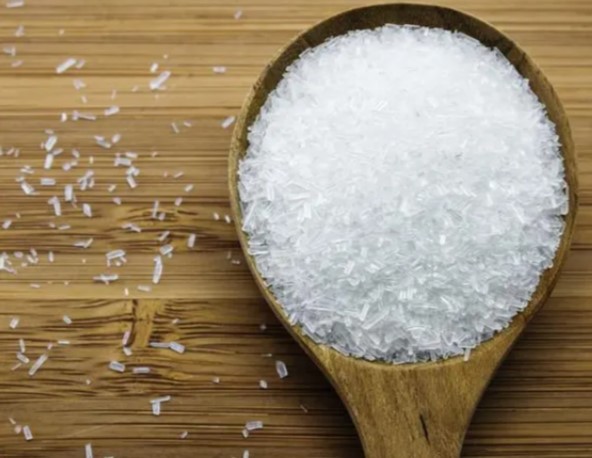Monosodium glutamate means what came to your mind? Do you know about monosodium glutamate? If you don’t know, then let me tell you the actual meaning of monosodium glutamate (MSG). MSG is the flavor added to restaurant foods, canned vegetables, soup, meat, and more.
MSG is mostly used to make foods tasty. Day by day, the use of MSG is increasing rapidly, but do you know what MSG does to your body? Monosodium glutamate has been associated with an increased risk of metabolic disorders, primarily due to animal studies that have linked the additive to insulin resistance, high blood sugar levels, and diabetes.
History and Origin
Do you have knowledge about the history and origin of monosodium glutamate? The history and origin of MSG By 1908, Professor Ikeda had determined that the savory taste was due to L-glutamic acid (glutamate), a nonessential amino acid. When glutamate was combined with sodium, the substance became known as MSG. In 1909, Professor Ikeda filed a patent to produce MSG commercially.
Here, I have knowledge about where monosodium comes from. It is produced by the fermentation of starch, sugar beets, sugar cane, or molasses. Is monosodium glutamate addictive? In my opinion, one of the main reasons for this is to make the food taste better, as well as to create an “addictive sensation.” This additive does not cause addiction as such but it does cause low satiety and an increased desire to eat.

Uses and importance of monosodium glutamate
Monosodium glutamate is widely used as a food additive (flavour enhancer), proving to have the capacity to potentiate the taste of a large variety of dishes. Also, MSG is used as a food preserver due to its antioxidant capacity.
This compound is mostly used in several canned food products and spice blends. MSG is often added to tobacco in order to enhance its taste. Monosodium glutamate is used in the treatment of hepatic coma. It is also an important component of several instant ramen noodle products. Is it OK to eat monosodium glutamate everyday? I suggest that eating monosodium glutamate everyday doesn’t have any side effects because the FDA and other expert organizations regard monosodium glutamate as safe in moderation.
Also read: Coconut Curry Ramen – Spicy, Delicious & Homemade | Step By Step Guide
MSG Acid Form
Monosodium glutamate is a flavour enhancer commonly used in various cuisines. It can be prepared through a simple chemical reaction involving glutamic acid and sodium hydroxide. In this reaction, glutamic acid C5H9NO4 reacts with sodium hydroxide (NaOH) to form monosodium glutamate C5H8NNaO4 and water H2O.
It contains only sodium in maximum amount. Monosodium glutamate doesn’t have any other nutritional value. Monosodium glutamate is the sodium salt of the common amino acid glutamic acid. Glutamic acid is naturally present in our bodies and in many foods and food additives.
MSG vs Salt
| S.N | MSG | Salt |
| 1. | MSG is a compound containing sodium, glutamate, and water | Salt is primarily composed of sodium and chloride ions. |
| 2. | Enhances the umami flavor, providing a savory or meaty taste to dishes | It adds a salty taste to food without specifically enhancing umami |
| 3. | Often derived from the fermentation of starches, sugarcane, or molasses | Obtained from the evaporation of seawater or mining deposits |
Side effects of MSG
As you know MSG is used in our daily life. Do you know about its side effects? We take MSG regularly but it make human weakness, nausea, drowsiness, thirstiness, and a headache. MSG affect by flushing of the skin, numbness or burning in the mouth, and excessive sweating.
Some of the rare severe and life-threatening symptoms in the body such as chest pain, difficulty breathing, and irregular or rapid heartbeat. These are the side effect of using maximum monosodium glutamate but FDA and famous organization says daily use of monosodium glutamate is not harmful for us.

